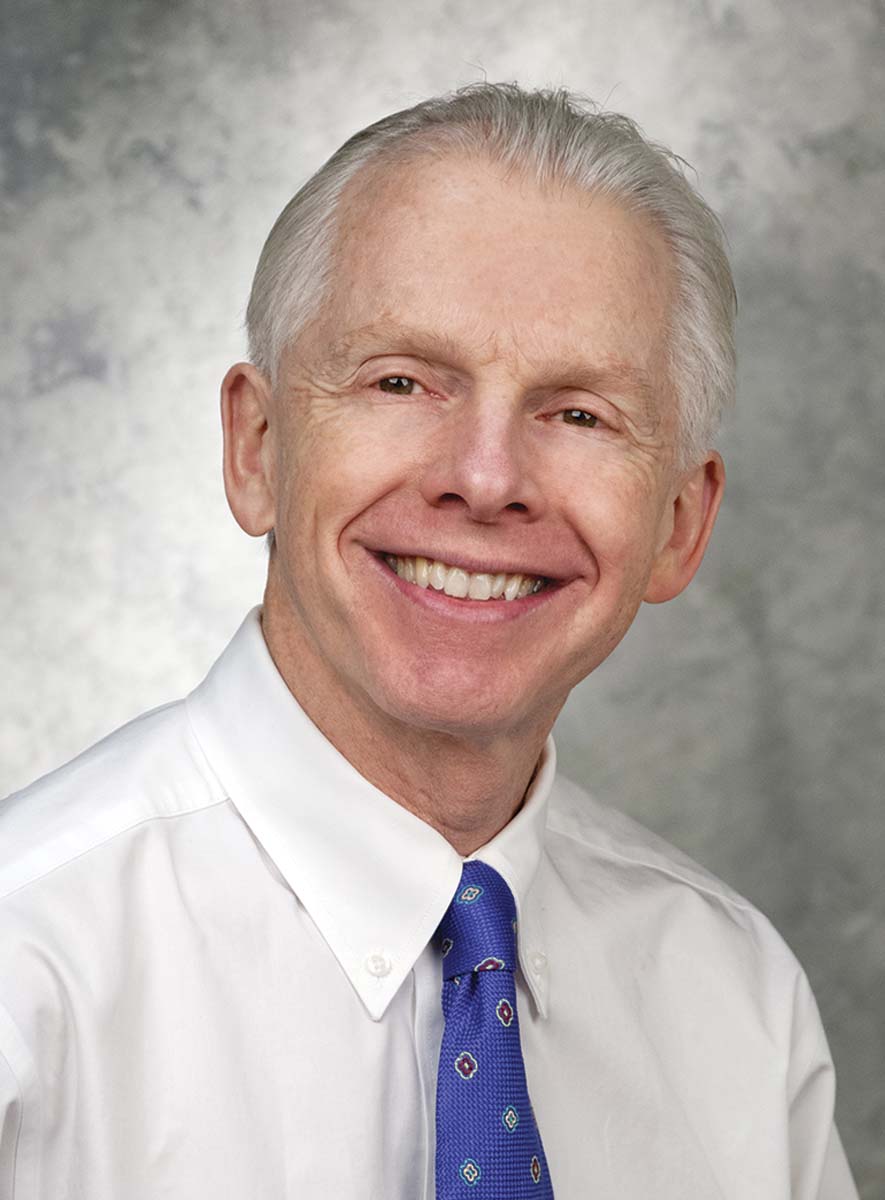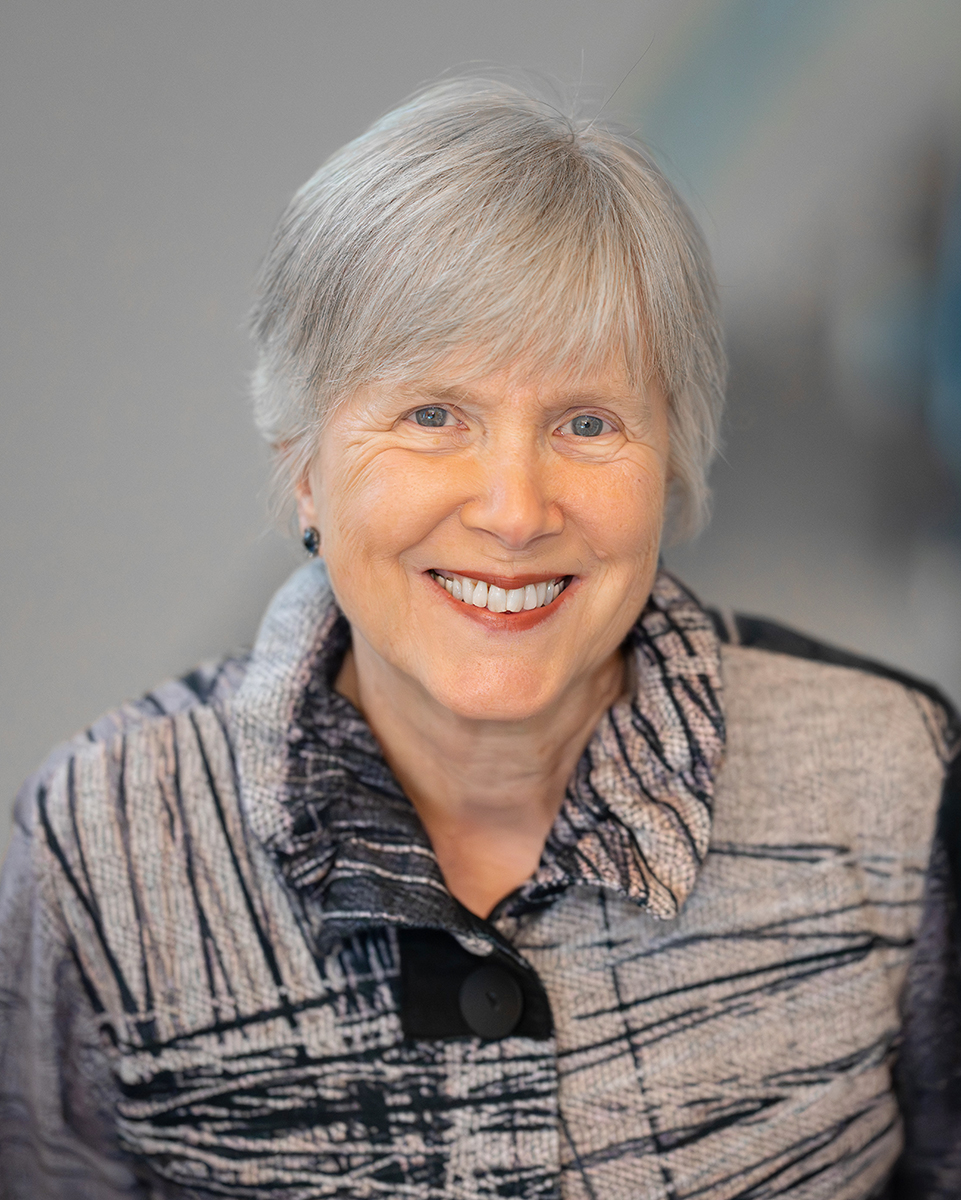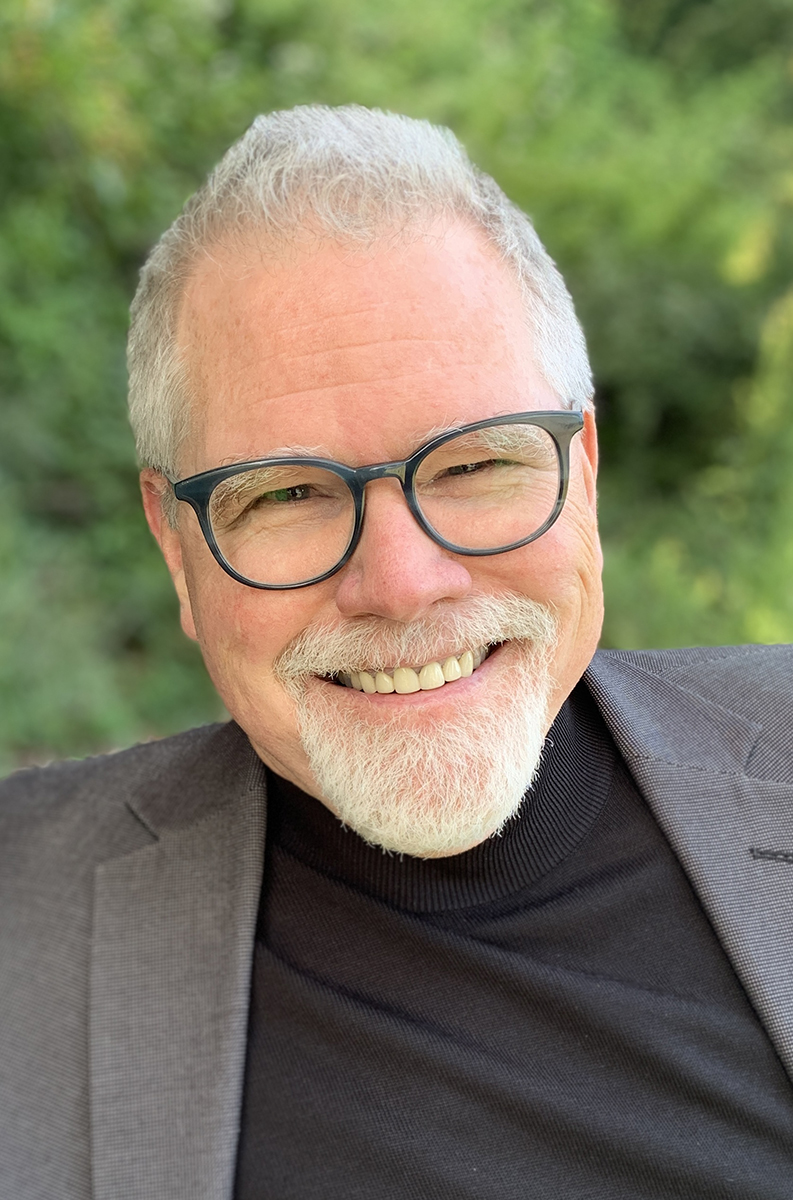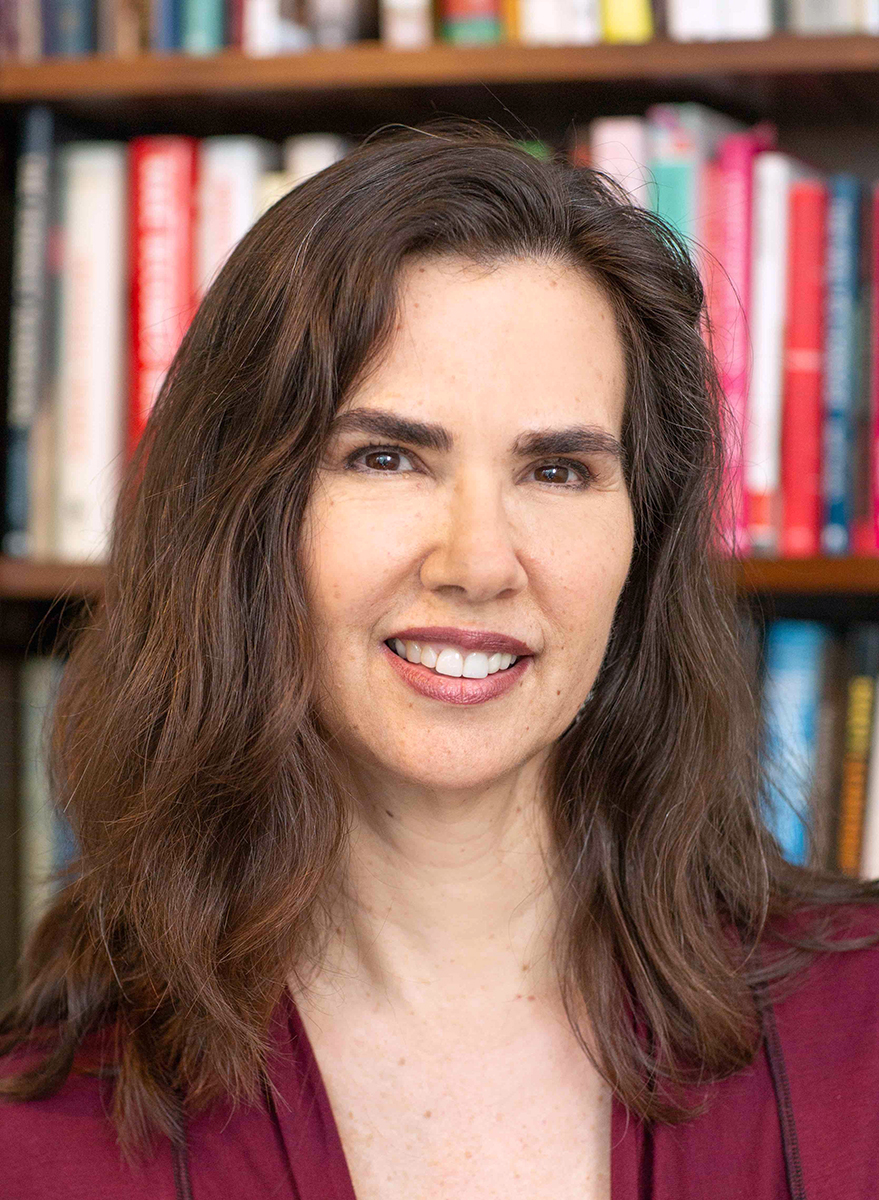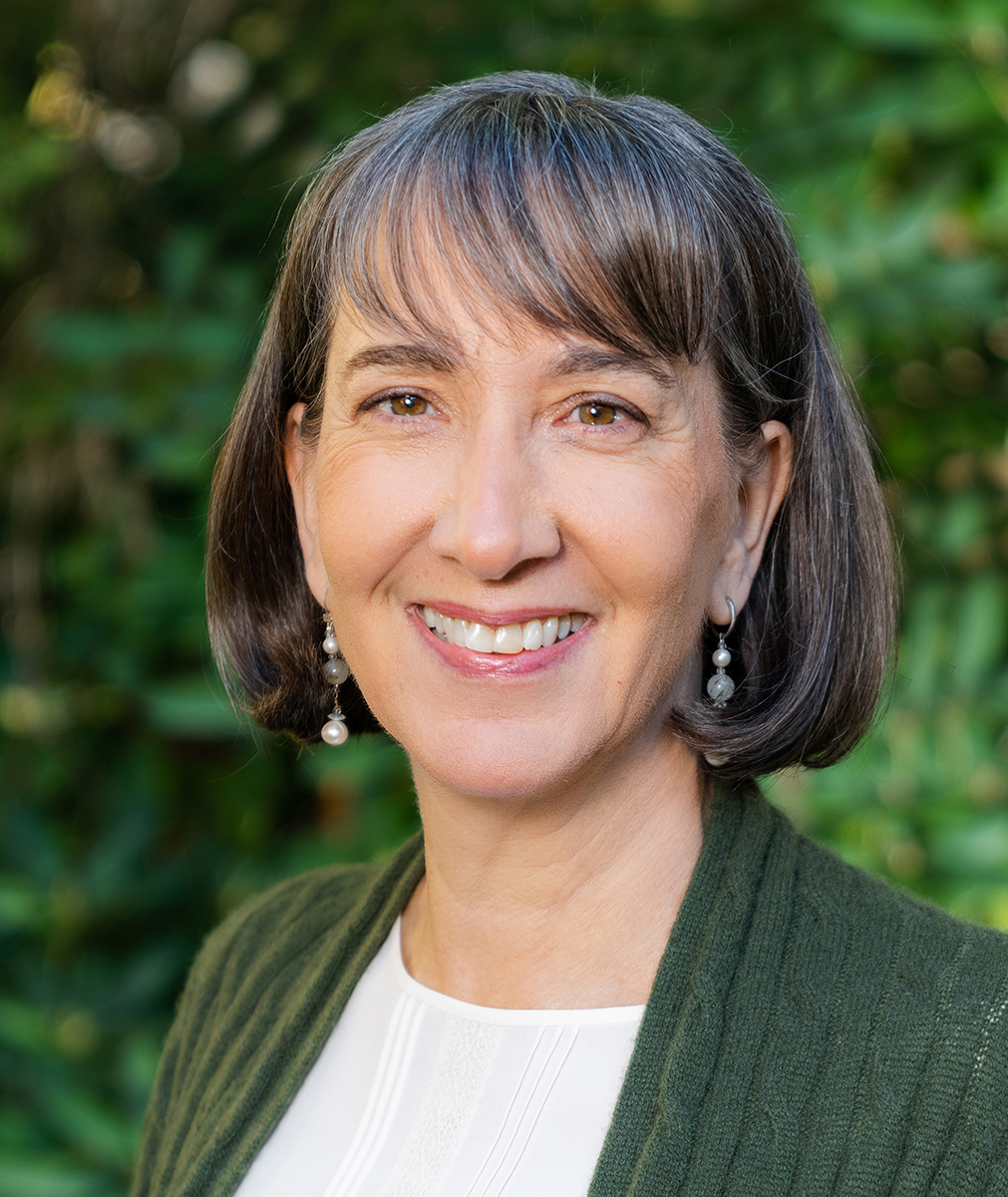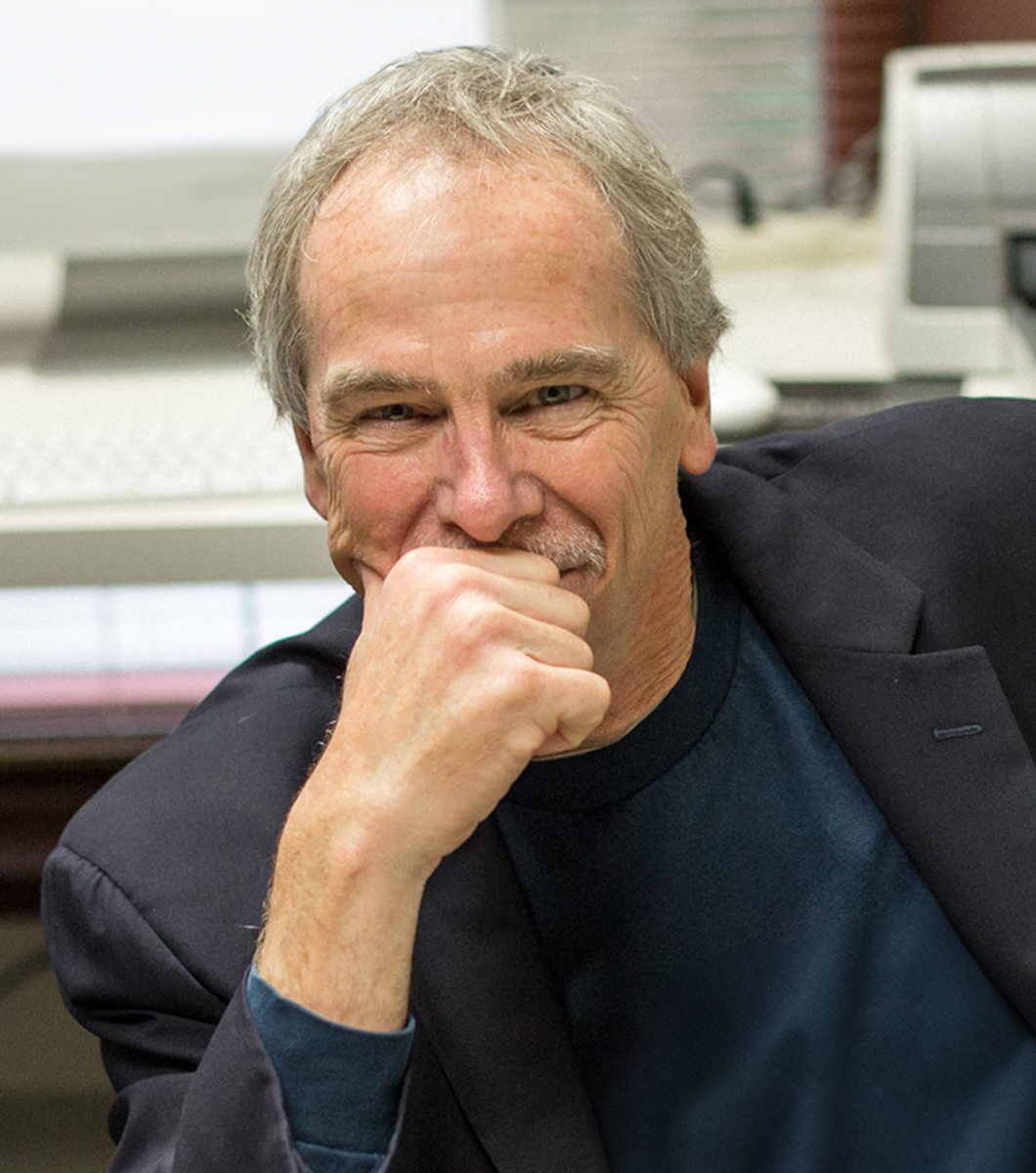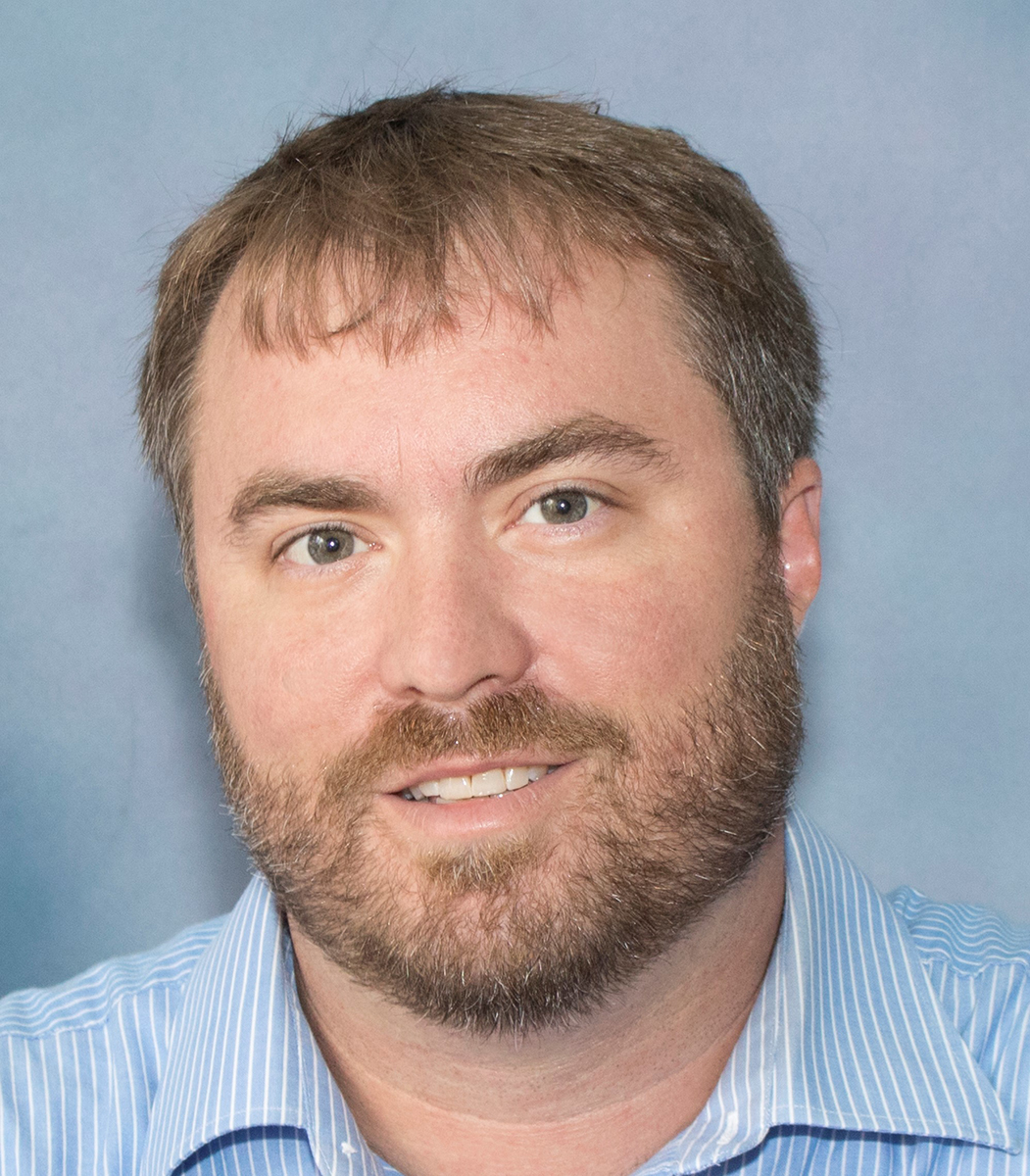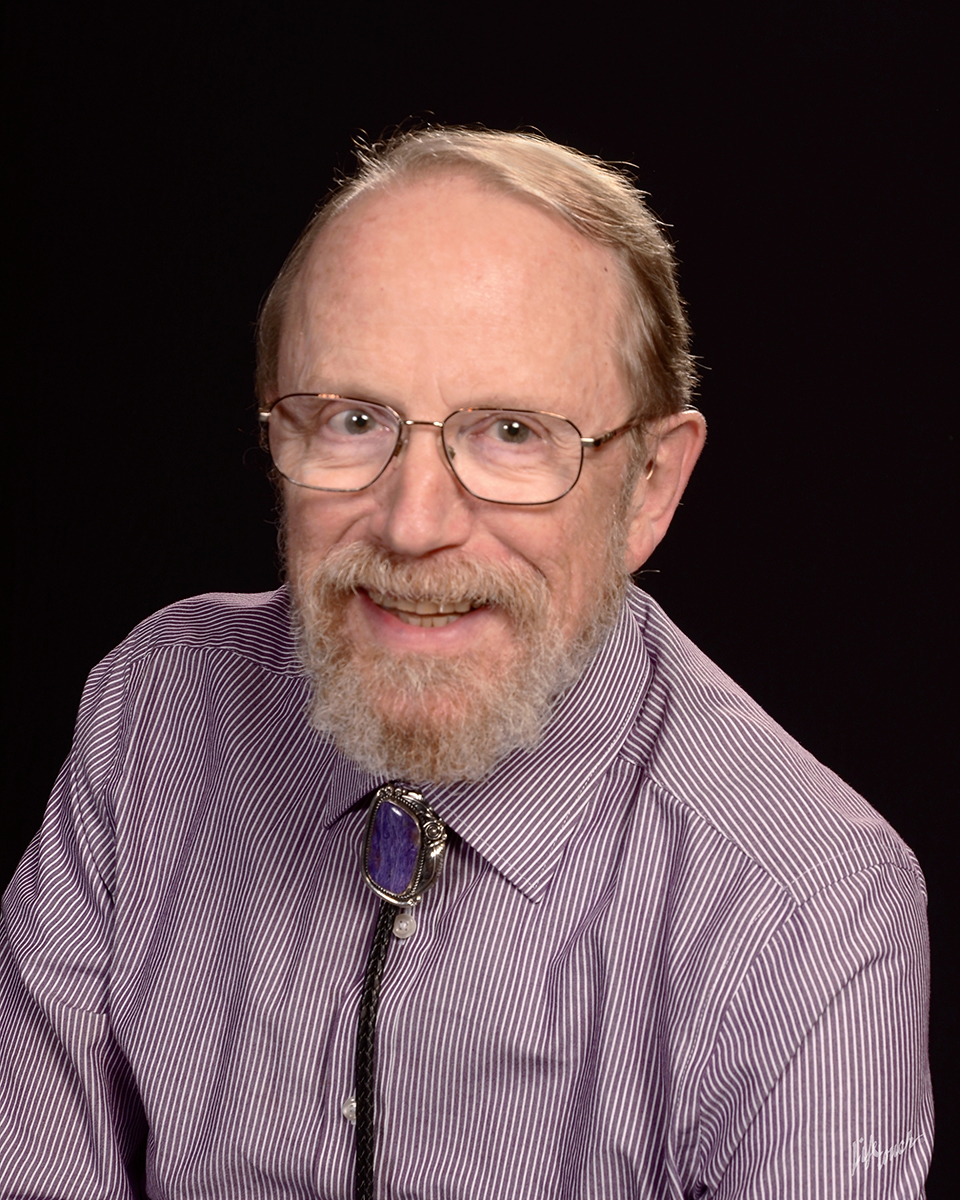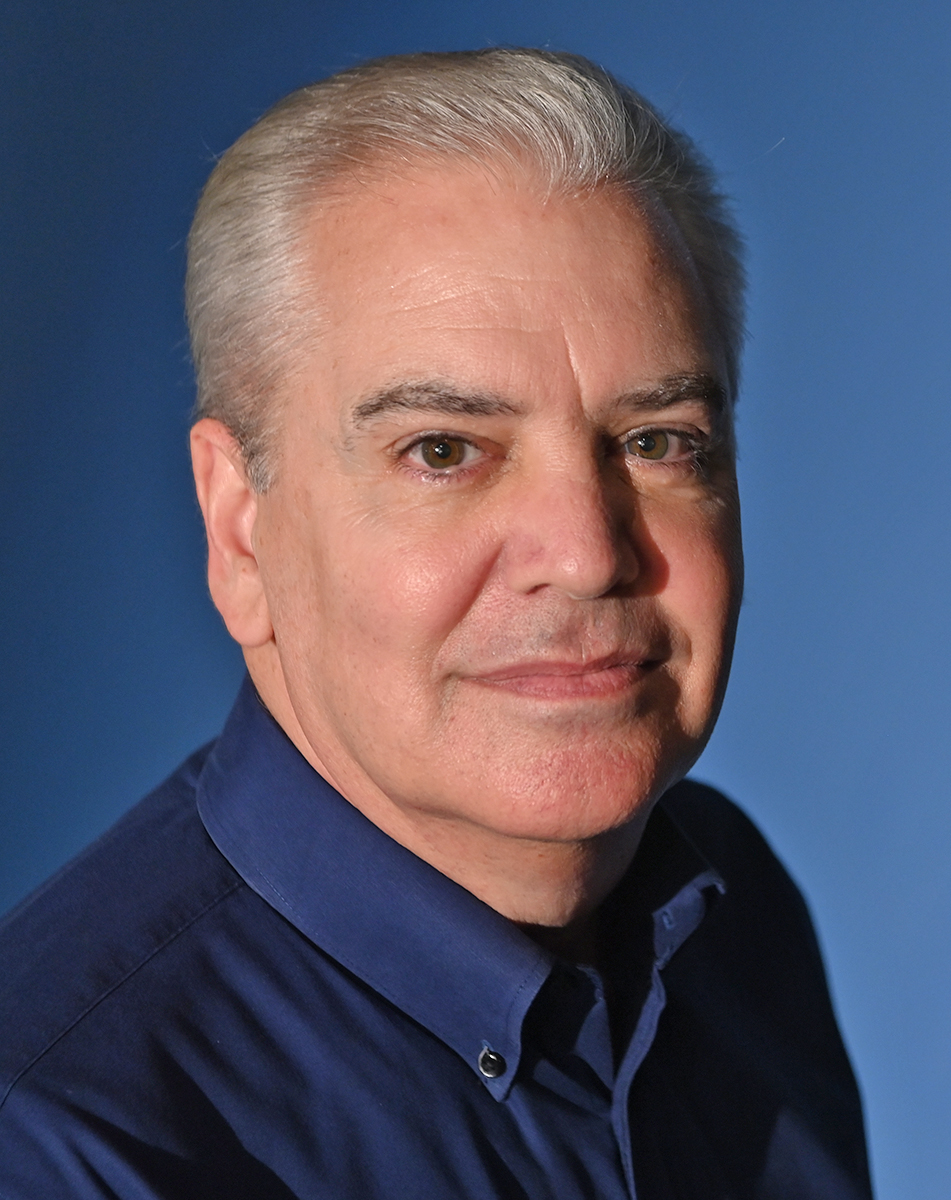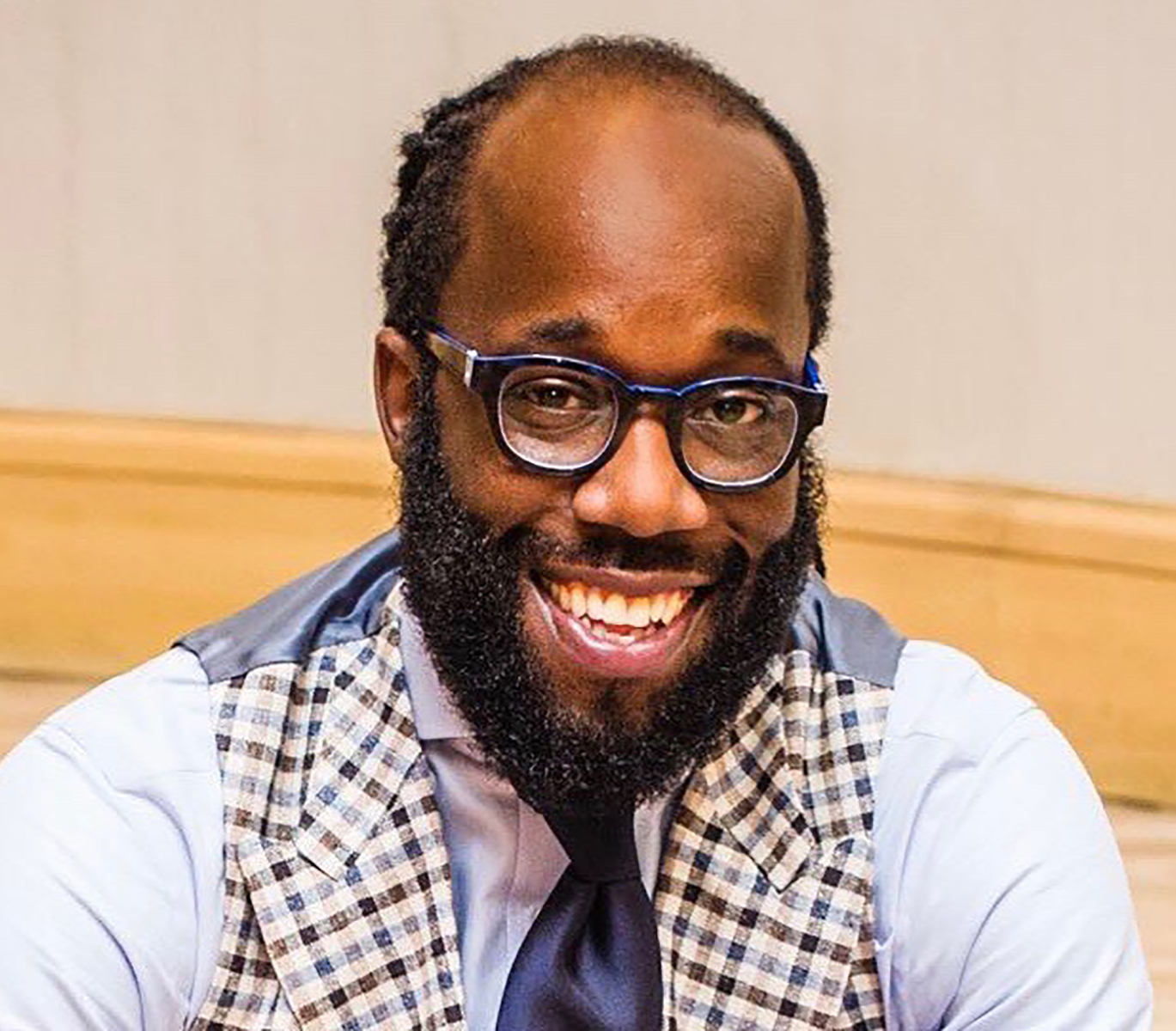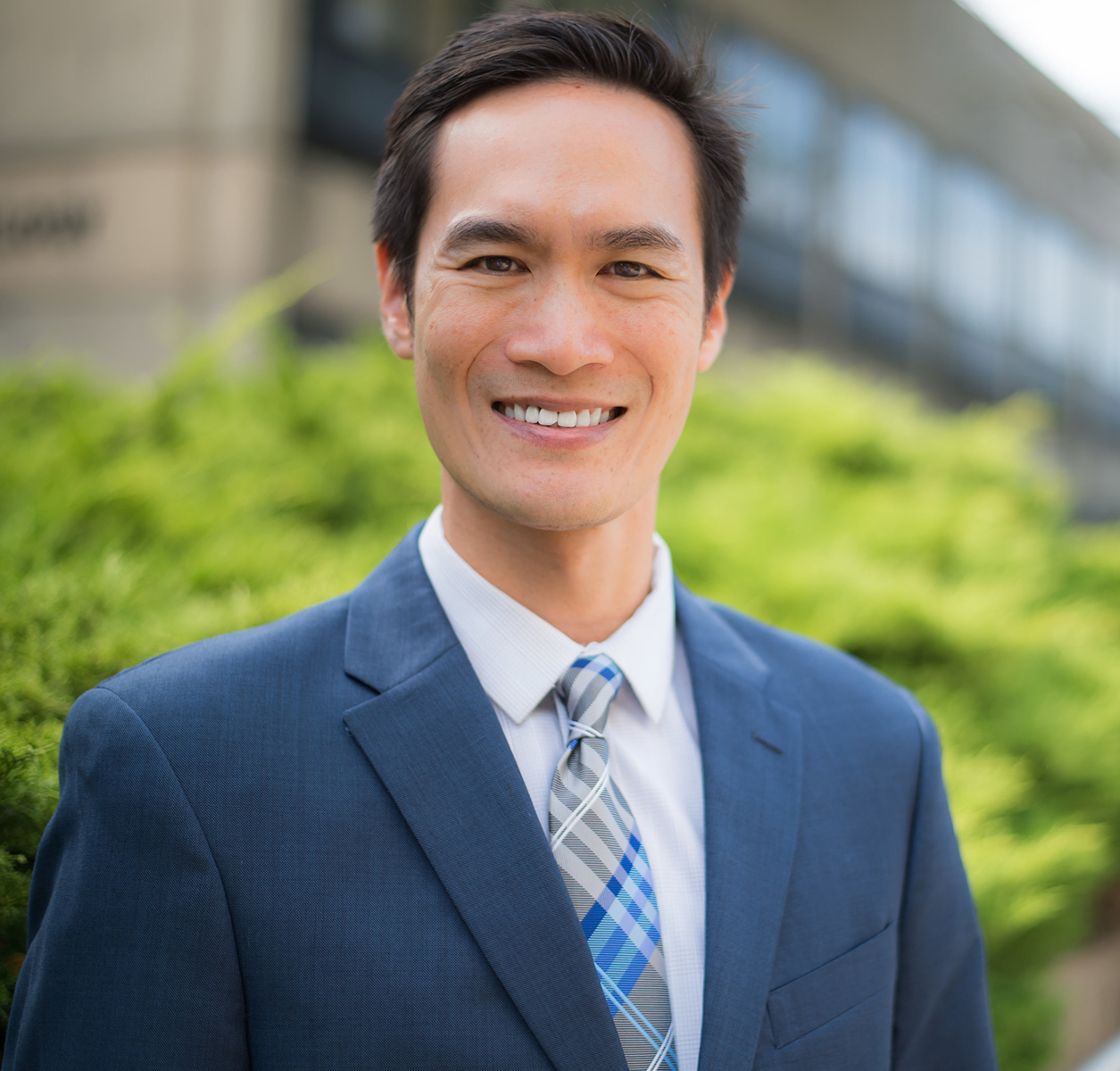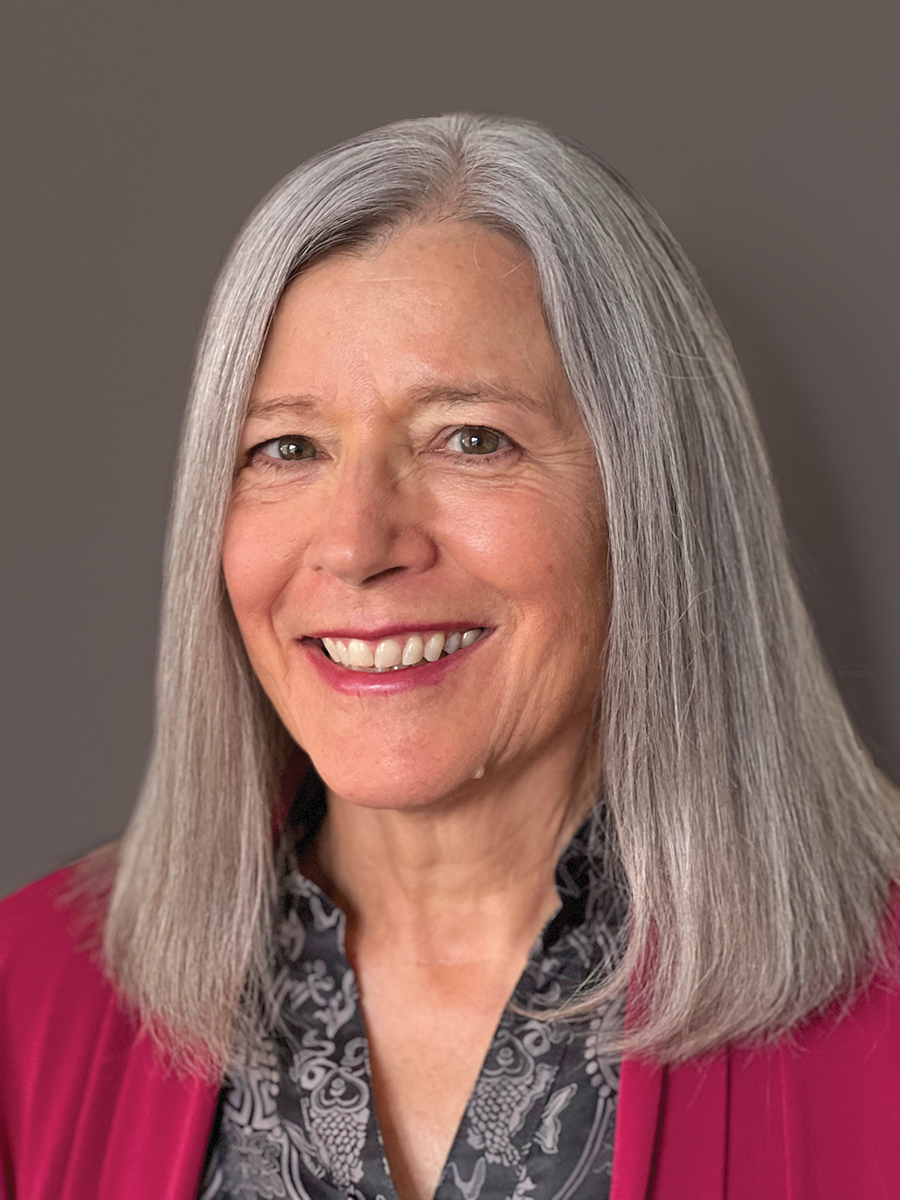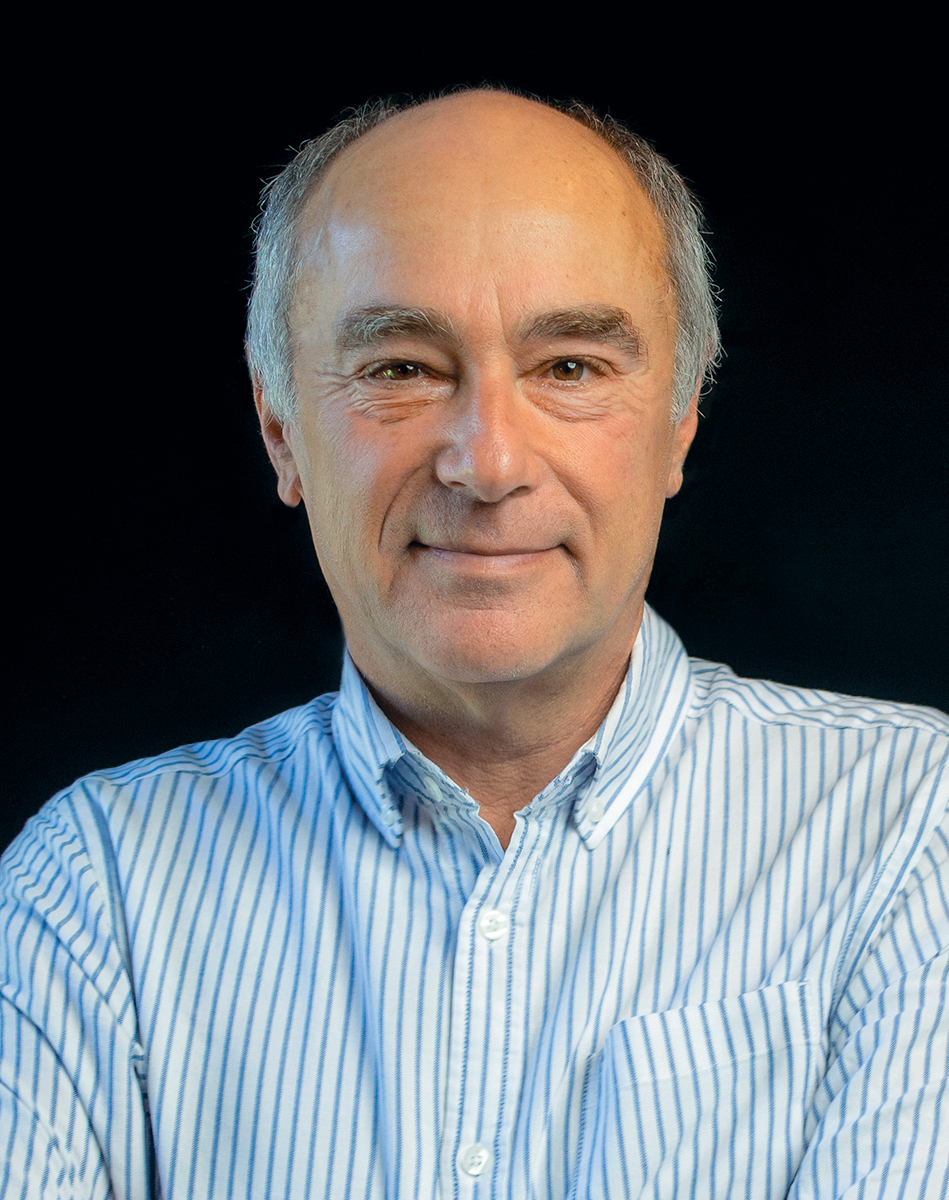Q&A with the Author
- What made you decide to write this book?
- What was the hardest part of writing it, and what was the easiest?
- What is one important lesson or message you hope readers take away from the book?
- Are there any other books that greatly influenced your writing process and/or your research?
- What led you to your specific area of study (the subject of your book)?
- Tell us one fascinating thing about the topic.
- Are there any common misconceptions about the topic?
- What advances do you hope we will see in the next 10 years?
- What made you decide to go into the field of mental health?
- When you are not working, what do you do for fun?
- What is your all-time favorite book?
- Is there a project that you are excited to work on next? (A presentation, a workshop, writing another book, etc.)
Tell us more about your latest book!
What made you decide to write this book?
Throughout my career, I have heard a consistent message from therapists, counselors, social workers, and others: the most difficult part of their work is treating individuals, couples, and families who are recovering from complex traumatic experiences. There are so many psychiatric and medical diagnosis above and beyond PTSD. The issues these clients are dealing with (behavioral, relational, and emotional, not to mention physical health problems) are vastly complicated by the complex trauma they have experienced.
Writing Treating Complex Traumatic Stress Disorders in Adults, Second Edition, which began more than 10 years ago with the first edition, has been my attempt (along with co-editor Dr. Christine Courtois) to bring together experts who represent many different approaches to the treatment of complex traumatic stress disorders. In doing so, we aim to provide readers with the best possible guidance and wisdom about both the challenges and potential solutions to the question of how to effectively help survivors of complex trauma heal and thrive. Writing this book has been an invaluable education for me as well; I have expanded my knowledge and skills by learning from the remarkable insights of colleagues who have devoted decades to understanding and treating complex traumatic stress disorders.
What was the hardest part of writing it, and what was the easiest?
The hardest part was not being able to include all of the experts who are making valuable contributions through their work in the complex traumatic stress disorders field. We were able to expand our topics and list of authors substantially in this second edition, but there are so many more brilliant clinicians, researchers, and educators whom I wish we could have included—but that’s motivated us to start planning a companion volume on complex trauma across the lifespan and across cultures that we’ll be working on in the near future.
The easiest part actually was editing the outstanding chapters that our authors wrote. The editing was almost exclusively just fine tuning the already informative and well-written drafts that authors submitted, which is an editor’s dream!
What is one important lesson or message you hope readers take away from the book?
A key take-away point from this book is that survivors of complex trauma are remarkably resilient and capable persons who can best benefit from treatment or other forms of help when we, the helpers, honor and help them to recognize and build upon their strengths rather than focusing on pathology. This strengths-based approach is compatible with every evidence-based therapeutic model and practice for treating complex traumatic stress disorder, and it fosters a true therapeutic relationship and alliance while providing survivors with new skills and knowledge that enhance their strengths.
Are there any other books that greatly influenced your writing process and/or your research?
First and foremost is Judith Herman’s classic, Trauma and Recovery. A more recent crucial source is the APA Handbook of Trauma Psychology (Volumes 1 and 2) which Steve Gold, Joan Cook, and Constance Dalenberg edited. In the broader psychotherapy realm, classic works by Bowlby, Fraiberg, Kernberg, Kohut, Alice Miller, Minuchin, Stolorow, Watzlawick, and Winnicott have been an enduring influence.
We are interested in learning more about your expertise.
What led you to your specific area of study (the subject of your book)?
I came to focus on complex traumatic stress in my clinical and research work mainly through learning of the experiences and dilemmas of my clients over a period of several decades. These were women and men, teenagers, parents and young children, and entire families with whom I’ve worked starting as a line staff person in a state mental hospital and subsequently as a psychologist in settings including academic clinical psychology, psychiatry, and family therapy training programs, community mental health, health promotion and integrated primary care and mental health clinics, private practice, Veterans Affairs PTSD outpatient, residential, and family support programs, inpatient child and adult psychiatry units, juvenile justice community and secure residential programs, and prisons. In each setting, I’ve learned how trauma injures and alters the course of people’s lives, often over many decades beginning in early childhood or across many generations—and how the “symptoms” of traumatic stress disorders are actually resilient adaptations that, when understood and transformed, can be the basis for not just surviving but healing and thriving.
Tell us one fascinating thing about the topic.
The ways in which the brain and body adapt to survive trauma are amazing. There is the classic stress response: "freeze, fight, flight, and immobilization," and also "tend and befriend." Problems arise when a person's brain and body go into "survival mode" and they (of course) don't have a user's manual to reset them. Therapy gives people that user's manual, and the tools and support they need to help their brains and bodies stop reliving the trauma. I find that so fascinating and inspiring.
Are there any common misconceptions about the topic?
There are many misconceptions about complex trauma: that it causes permanent psychological damage (it does cause harm, and survivors often feel damaged understandably as a result, but actually trauma triggers an adaptive shift into survival mode which can become a traumatic stress disorder, but which is actually a sign of health that, when understood, can lead to healing and renewed growth and development). Another misconception is that people can "grow" from trauma (people grow in spite of trauma, not because of it, and they grow when they are able to heal the psychological wounds and regain the sense of security and trust that are undermined by traumatic experiences). Yet another is that the only way to recover from trauma is to revisit the trauma memories until they are no longer upsetting (it is important to find meaning in past traumatic experiences, and one way to do this is by therapeutically re-visiting those traumas—but the point is not to “get over” the traumas but to understand how surviving the traumas changed you and to also see how your personal strengths enabled you to survive but now there is more to life than just survival—and this can be done in as many ways as there are different therapy models, and by understanding the meaning of trauma memories that occur in everyday life as well as by re-telling trauma memories in therapy).
What advances do you hope we will see in the next 10 years?
I hope to see therapeutic methods that integrate the options provided by the many different current therapeutic models—as well as new options that are just being or will subsequently be discovered—so that treatment for survivors can draw on the insights of every model without being limited to any single “one size fits all,” and that therapy will emphasize first understanding (and helping the survivor to understand) how each unique individual was changed and adapted to survive the traumas they experienced, and how each individual can uniquely use their adaptive abilities to heal the wounds and restore their sense of personal meaning, worth, and security.
What made you decide to go into the field of mental health?
Curiosity about how our complex minds (and bodies) work, and a desire to help people recover from emotional suffering.
Now a little bit about you…
When you are not working, what do you do for fun?
I enjoy relaxing with, learning from, and also traveling with my wife, our children and grandchildren, and our friends. I swim and run every day, and I read suspense novels in order to vicariously have adventures that I’m too cautious to do myself.
What is your all-time favorite book?
Winter’s Tale by Mark Helprin—a magical realism novel that expresses how trauma can be transformed over a lifetime with courage and love.
Is there a project that you are excited to work on next? (A presentation, a workshop, writing another book, etc.)
I’m looking forward to doing presentations based on this book and another book I’m just completing (on handling crises and critical moments in real-time in the psychotherapy session).
See all titles by and read more about Julian D. Ford on his author page!
